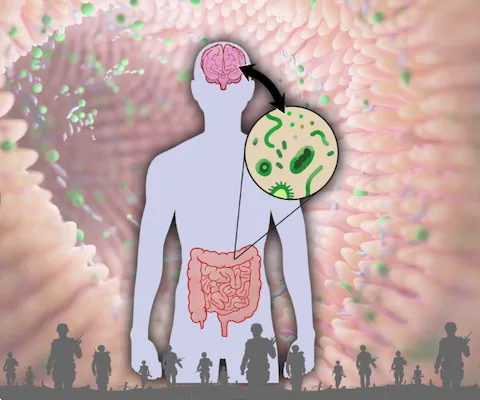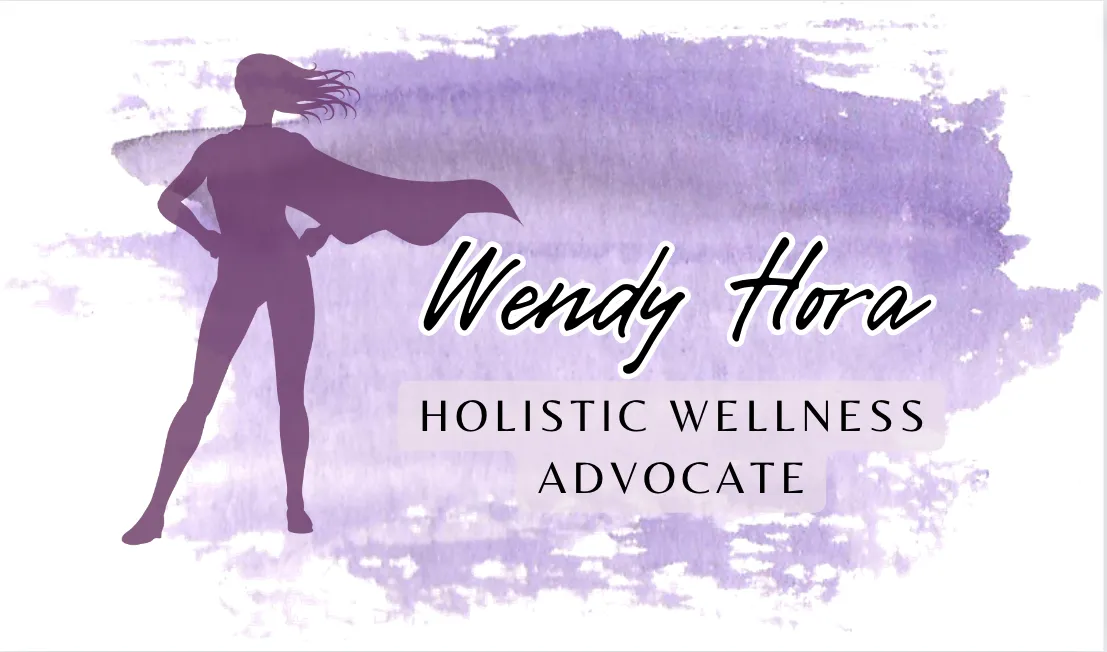Blog & Articles

IF YOUR GUT ISN'T HEALTHY, NOR ARE YOU!!

In the bustling ecosystem of your body, the gut is the hub, orchestrating a multitude of vital functions that keep you healthy and thriving. The gut is not just a digestive organ; it's a powerhouse that influences almost every aspect of your well-being. If your gut isn't working properly, neither are you. So many roles for the gut to play for your well being and the daily damage we inflict upon our microbiome is astounding. We must work to restore balance through mindful dietary choices and essential supplementation.
The Multi-faceted Role of the Gut
Digestion and Nutrient Absorption: The primary role of the gut is to break down the food we eat and absorb essential nutrients. This process starts in the stomach and continues in the small intestine, where enzymes and gut bacteria work together to extract vitamins, minerals, and other nutrients necessary for our survival.
Immune Function: Approximately 70% of the immune system resides in the gut. The gut-associated lymphoid tissue (GALT) plays a crucial role in identifying and neutralising pathogens, to maintain a healthy immune response.
Neurotransmitter Production: The gut produces a significant amount of neurotransmitters, including serotonin, your mood, sleep and appetite regulator. This connection between the gut and the brain, is vital for your mental well-being.
Detoxification: The gut helps in the detox process by eliminating waste products and toxins from the body. A healthy gut ensures efficient waste removal and prevents accumulation of harmful substances.
Barrier Function: The gut lining acts as a barrier, preventing harmful bacteria and toxins from entering the bloodstream. This barrier function is critical in maintaining overall health and preventing systemic inflammation.
The Daily Damage to the Microbiome
We do terrible things to our community of trillions of bacteria residing in the gut on a daily basis. Here are some of the constant threats to the health of our gut.
Poor Diet: Ultra processed foods, sugar, and unhealthy fats disrupt the balance of gut bacteria. These feed the growth of harmful bacteria and harm the beneficial ones. Artifical additives, preservatives and emulsifiers used for longer shelf life in processed foods are also harmful to the gut lining and microbiome.
Antibiotics and Medications: While antibiotics are essential for fighting bacterial infections, they also indiscriminately kill both harmful and beneficial bacteria. Extended use can lead to a depleted and unbalanced microbiome. Long-term use of nonsteroidal anti-inflammatory drugs (NSAIDs) can damage the gut lining.
Stress: Chronic stress negatively impacts gut health by altering the gut microbiota composition and increasing intestinal permeability, also known as leaky gut.
Low Fibre: Dietary fibre is crucial for feeding beneficial gut bacteria. A diet low in fibre starves these bacteria, leading to a decline in their population.
Infections: Bacterial, viral, and fungal infections can compromise gut integrity.
Leaky Gut Syndrome - a common complaint
Leaky gut allows undigested food particles, toxins, and bacteria to leak into the bloodstream. This can trigger systemic inflammation and is associated with various chronic conditions, including autoimmune diseases, allergies, and mental health disorders.
Fixing Gut Health Holistically
Eliminate Triggers: Identify and remove dietary and environmental factors that contribute to gut damage, such as processed foods, sugar, and alcohol.
Nourish with Whole Foods: Focus on a diet rich in whole, unprocessed foods, including plenty of vegetables, fruits, lean proteins, and healthy fats.
Supplement Wisely** Incorporate supplements like probiotics, prebiotics, digestive enzymes, and L-glutamine to support gut healing. (see below)
Manage Stress: Practice stress-reducing techniques such as meditation, yoga, and regular exercise to support gut health.
** The Role of Supplementation
Given the central role of the gut in overall health, addressing gut issues is paramount. While diet changes are crucial, the reality is that access to organic produce and high-quality foods is not always feasible for everyone. This is where smart supplementation comes in.
Probiotics: Probiotics are beneficial bacteria that can help restore the balance of the gut microbiome. However, not all probiotics are created equal. Since stomach acid can destroy many of these bacteria, it's essential to choose probiotics that are encapsulated or designed to survive the harsh acidic environment of the stomach and reach the intestines where they are needed.
Prebiotics: Prebiotics are non-digestible fibers that feed beneficial gut bacteria. Including prebiotic-rich foods like garlic, onions, and bananas, or taking prebiotic supplements, can support a healthy microbiome.
Digestive Enzymes: These supplements can help break down food more efficiently, ensuring better nutrient absorption and reducing the burden on the gut.
L-Glutamine: This amino acid is essential for repairing the gut lining and is particularly beneficial for individuals with leaky gut syndrome.
In Conclusion

The health of your gut is intricately linked to your overall well-being. When your gut isn't working properly, it affects everything from digestion and nutrient absorption to immune function and mental health. The modern lifestyle poses numerous threats to gut health, but with mindful dietary choices and targeted supplementation, you can restore balance and ensure your gut functions optimally.
Remember, a healthy gut is the cornerstone of a healthy life. Prioritize your gut health, and you'll find that many other aspects of your well-being fall into place. Whether it's through diet, supplementation, or lifestyle changes, taking steps to support your gut will pay dividends in your overall health and vitality.
*Details about products I take and recommend can be found below.

NEW!! PROBIOTIIX + GIVING GREENS - GUT MANAGEMENT POWER COMBO
AVAILABLE NOW
Original material prepared in collaboration with AI
** MEDICAL & HEALTH DISCLAIMER:
The information and other content provided in this page, or in any linked materials, is not intended and should not be construed as medical advice, nor is the information a substitute for professional medical expertise or treatment.

